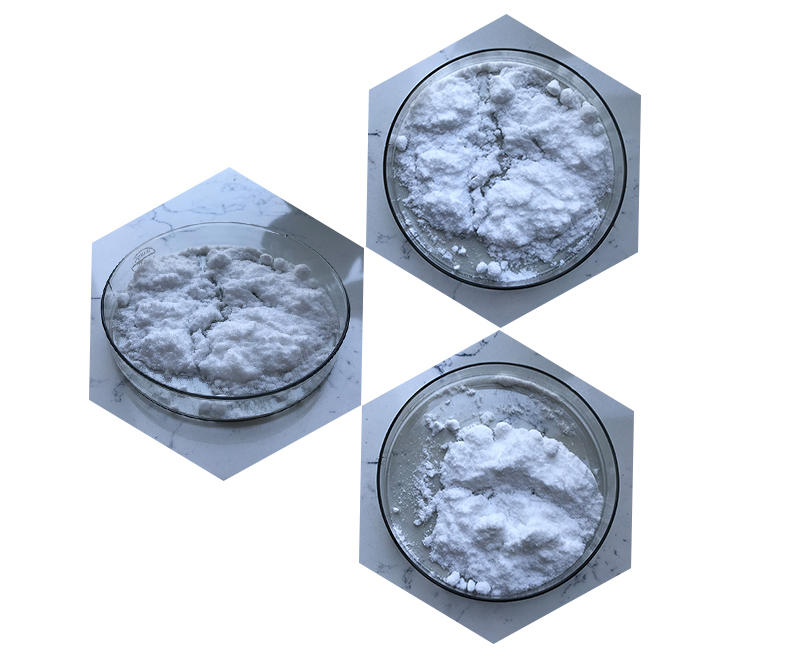Nicotinamide, also known as niacinamide or vitamin B3, is an essential nutrient that plays a crucial role in various biochemical processes in the body. It can be produced through various synthetic and natural methods. Here, I’ll describe a common industrial process for producing nicotinamide:
1.Raw Material Preparation:
- The primary starting material for nicotinamide production is nicotinic acid (niacin).
- Nicotinic acid can be obtained from various sources, including petroleum-derived chemicals or microbial fermentation processes.

2.Esterification:
- Nicotinic acid is esterified with ethanol to form ethyl nicotinate. This reaction involves the addition of ethanol (alcohol) to the carboxylic acid group of nicotinic acid.
- A catalyst, such as sulfuric acid or concentrated hydrochloric acid, is often used to facilitate the esterification reaction.
- The esterification reaction is typically carried out in a controlled environment with specific temperature and pressure conditions.
3.Hydrolysis:
- Ethyl nicotinate is then hydrolyzed to yield nicotinamide and ethanol.
- This hydrolysis reaction is often performed under controlled acidic or alkaline conditions to ensure the formation of nicotinamide.
4.Purification:
- The reaction mixture containing nicotinamide is subjected to purification steps to remove impurities and by-products.
- Purification methods may include filtration, distillation, crystallization, and chromatography.
5.Drying:
- The purified nicotinamide is usually dried to remove any residual moisture and obtain a dry powder or crystalline form of nicotinamide.
6.Packaging and Distribution:
- The final product, nicotinamide, is packaged in suitable containers for distribution and sale.
It’s worth noting that there are alternative methods to produce nicotinamide, including extraction from natural sources such as yeast, fish, and meat, or through various chemical synthesis routes. The choice of method may depend on factors such as cost, availability of raw materials, and desired purity of the final product.
Nicotinamide is commonly used in the pharmaceutical, cosmetic, and food industries due to its various health benefits and applications, including its role in skin care, as a dietary supplement, and in the treatment of certain medical conditions.
